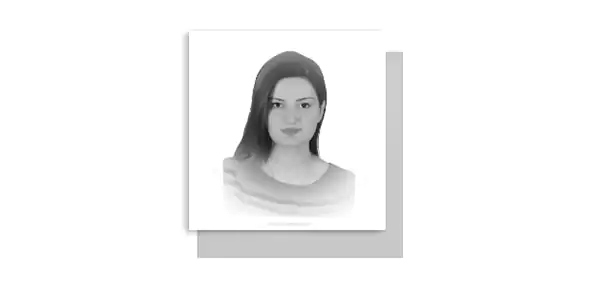DURING the current tension between Pakistan and India, an interesting trend is noticeable: a flood of memes.
Serious concerns exist regarding border conflicts, economic instability and political turmoil, but social media users are busy creating humorous content.
The point to ponder is, what does this mix of humour and hostility say about us as individuals, as societies and more importantly, as a generation thriving (or surviving) in the digital age?
Memes have become our collective defence mechanism.
It is almost as if we have decided that when confronted with the harsh reality of geopolitics or a defeat in sports, it is better to laugh than to cry.
Psychology supports this behaviour as humour is a well-documented coping strategy that allows individuals to process difficult emotions and retain some semblance of control.
Laughter, they say, is the best medicine and in these chaotic times, social media is the pharmacy.
Deeper analysis reveals that memes mean something more than mere entertainment; they hold a mirror to society.
The global meme culture highlights the human tendency to trivialize even the most serious issues.
Are we trivializing war and conflict?
Are we becoming so desensitized that we are turning crises into punchlines?
On one hand it demonstrates resilience, but on the other, it reveals an unsettling behaviour of human beings, a desire to remain unaffected by the chaos.
Social media is not just amplifying memes—it is amplifying human behaviour.
The viral nature of humour also exposes our tribal tendencies.
Us-versus-them memes are dominating the narrative, often exaggerating stereotypes and instigating biases.
Psychologists argue that this “ingroup favouritism” is a deeply rooted human behaviour.
Social media has simply digitized it, wrapped it in sarcasm and adorned it with hashtags.
In a world where attention spans are shrinking and crises multiply by the hour, memes may also hint at a broader cultural shift.
Do we laugh because we care too much—or not at all?
Is it a reflection of hopelessness or optimism?
Perhaps it is both.
Social media has become the stage where our paradoxical existence plays out: we are deeply connected but starkly disconnected, emotionally drained yet desperately chasing humour.
It also makes us think about where is the world heading when the response to a global crisis is often just a trending hashtag?
It reflects “digital-first mentality”, where experiences, emotions and even solidarity must be packaged into shareable and bite-sized content.
Some people might call it progress and evolution with technology but for some, this is a sign of how disconnected we are from reality.
Think about the phenomenon of “slacktivism,” where liking a post or sharing a meme becomes the extent of one’s contribution to a cause.
It suggests a collective yearning to feel engaged without actually engaging and to express outrage without taking any meaningful action.
And yet, perhaps even the smallest expression like sharing a meme can spark conversations and change perspectives.
We can also link this with Dawkin’s memetics, just as genes replicate through biological evolution, memes (cultural units of ideas or behaviours) are spread through imitation and communication.
Memes that resonate more with audiences are rapidly replicated and modifie, thus surviving in the “meme pool” by adapting to the changing contexts.
In these challenging times, online memes can be a double-edged sword.
While memes provide comic relief, unchecked misinformation can escalate hostility.
The challenge is to use this powerful tool with utmost responsibility because in the past we have seen how social media has played a significant role in building narratives during international conflicts, both positively and negatively, e.g. during the Ukraine-Russia conflict, social media platforms like X and TikTok have been used extensively to share updates and in spreading propaganda.
In Myanmar, social media was weaponized to spread hate speech and misinformation, particularly targeting the minority groups like Muslims and Christians.
The Arab Spring is a prime example of social media’s positive impact.
Platforms like Facebook and X were instrumental in organizing protests, sharing information and mobilizing citizens across countries like Egypt and Tunisia.
Social media became a tool for advocating democracy and human rights.
As we continue sharing memes while navigating real-world uncertainty, one thing is clear: social media has become the diary of our digital psyche—recording every laugh, fear and outrage.
Yet the question remains: are we laughing because we understand, or because we no longer know how else to respond?
Perhaps it’s both. Either way, the world keeps moving—one meme at a time.
—The writer is contributing columnist, based in Islamabad.


















